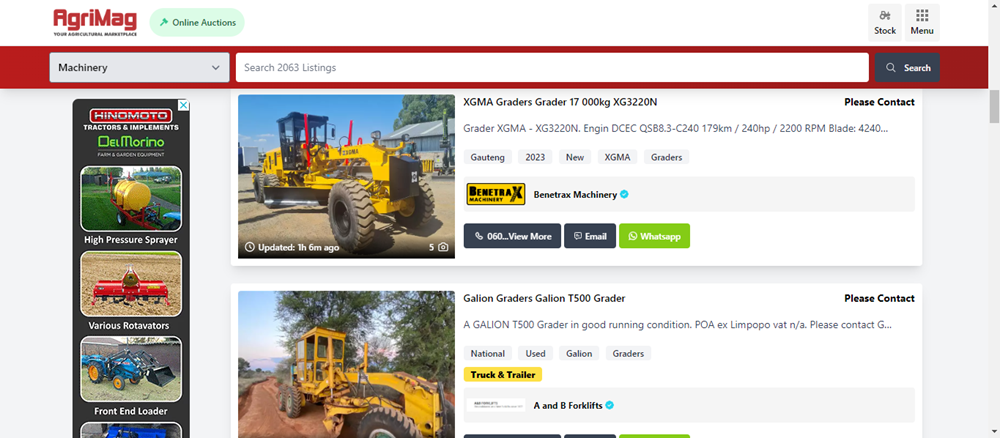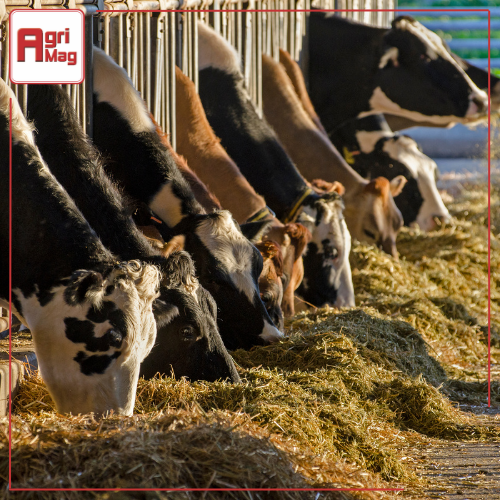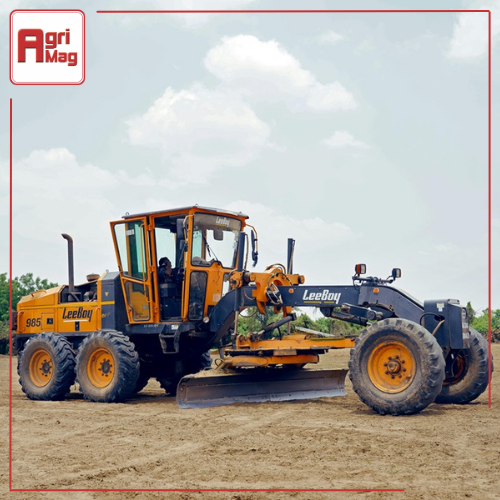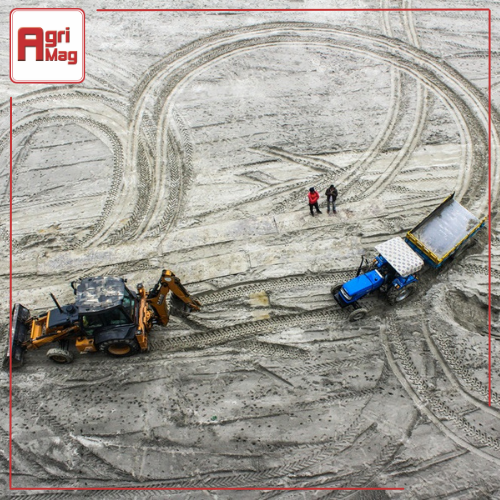
Driving Forward: Technological Advancements in Grader Machinery
Date: 16/05/2023
Want to explore and understand technological advancements in grader machinery? In the dynamic landscape of construction and infrastructure development, the evolution of grader machinery has been remarkable. From traditional models to modern marvels equipped with GPS and automated control systems, the journey has been transformative. This article delves into the cutting-edge innovations driving efficiency improvements and emission reductions in grader machinery, particularly relevant to the South African context. If you're looking to buy machinery spares, visit AgriMag to find a wide range of listed items.

GPS and Automated Control Systems in Modern Graders
One of the most significant advancements in grader machinery is the integration of GPS and automated control systems. These technologies revolutionise the way grading tasks are performed, offering unparalleled precision and accuracy. In our country, where vast terrains and diverse topographies present unique challenges, such advancements are invaluable.
GPS technology allows graders to precisely determine their position on the earth's surface, enabling operators to execute grading tasks with utmost accuracy. Coupled with automated control systems, graders can now autonomously adjust blade elevation and orientation, ensuring consistent grading quality across projects. This not only enhances productivity but also minimises human error, leading to cost savings and improved safety outcomes.
Moreover, the integration of GPS and automated control systems facilitates the creation of digital terrain models (DTMs) and 3D design data, enabling graders to follow predefined grading plans with unprecedented precision. This level of automation streamlines workflow processes, reduces project timelines, and enhances overall project efficiency.
Efficiency Improvements and Emission Reductions
In addition to precision and accuracy, modern grader machinery focuses on enhancing efficiency and reducing environmental impact. With growing concerns about sustainability, these advancements are crucial for the construction industry to align with global environmental goals.
Efficiency improvements in grader machinery encompass various aspects, including fuel efficiency, maintenance optimisation, and operator productivity. Advanced engine technologies, such as low-emission diesel engines and hybrid power systems, contribute to reduced fuel consumption and lower emissions, aligning with the country's commitment to environmental conservation.
Furthermore, manufacturers are incorporating innovative design features to optimise airflow and reduce engine load, further enhancing fuel efficiency and minimising environmental footprint. Additionally, predictive maintenance technologies, enabled by sensors and data analytics, allow for proactive equipment maintenance, minimising downtime and maximising operational efficiency.
Scenario 1: Precision Grading in Agriculture
Imagine a farmer in South Africa preparing their land for planting season. In the past, this task would have required manual grading methods, often resulting in uneven surfaces and wasted resources. However, with the advent of GPS and automated control systems in modern graders, precision grading has become the new standard.
Benefits:
- Increased Yield: Precise grading ensures optimal soil conditions, promoting better seed germination and crop growth.
- Resource Conservation: By eliminating over-grading, farmers can conserve water and minimise soil erosion, preserving valuable resources.
- Time Savings: Automated control systems streamline the grading process, allowing farmers to complete tasks more efficiently and focus on other agricultural activities.
Tips:
- Utilise GPS Guidance: Take advantage of GPS technology to accurately navigate fields and achieve uniform grading results.
- Calibrate Automated Systems: Regularly calibrate automated control systems to ensure accuracy and consistency in grading operations.
- Monitor Soil Conditions: Use soil sensors and data analysis tools to assess soil quality and adjust grading techniques accordingly.

Scenario 2: Road Construction and Maintenance
In the realm of road construction and maintenance, precise grading is essential for ensuring smooth and safe transportation networks. Modern graders equipped with GPS and automated control systems offer unprecedented levels of accuracy, enabling road crews to efficiently grade surfaces and maintain infrastructure integrity.
Benefits:
- Improved Safety: Precision grading reduces the risk of uneven road surfaces and potholes, enhancing driver safety and reducing accidents.
- Cost Savings: Automated control systems minimize the need for manual labor, resulting in lower operational costs and increased project efficiency.
- Sustainable Infrastructure: By reducing fuel consumption and emissions, modern graders contribute to the development of sustainable transportation networks.
Tips:
- Plan Grading Routes: Use GPS mapping tools to plan optimal grading routes and minimise unnecessary passes, saving time and resources.
- Regular Maintenance: Schedule routine maintenance checks to ensure that graders are operating at peak performance and efficiency.
- Invest in Training: Provide operators with comprehensive training on GPS and automated control systems to maximise their effectiveness and proficiency in grading operations.
Scenario 3: Land Development and Construction Projects
In the realm of land development and construction projects, precise grading is essential for laying foundations and establishing infrastructure. Modern graders equipped with advanced technology play a crucial role in shaping landscapes and preparing sites for development.
Benefits:
- Enhanced Site Preparation: GPS-guided graders ensure accurate grading and leveling of construction sites, providing a solid foundation for future development.
- Streamlined Construction Processes: Automated control systems enable efficient grading operations, reducing project timelines and costs.
- Environmental Stewardship: By minimising soil disturbance and controlling emissions, modern graders promote environmentally responsible construction practices.
Tips:
- Collaborate with Surveyors: Work closely with land surveyors to establish precise grading specifications and ensure alignment with project requirements.
- Optimise Grading Techniques: Experiment with different grading techniques and blade configurations to achieve optimal results for specific terrain conditions.
- Monitor Performance Metrics: Track key performance indicators, such as fuel efficiency and grading accuracy, to identify areas for improvement and optimisation.
In summary, technological advancements in grader machinery, particularly in the realms of GPS integration, automated control systems, efficiency improvements, and emission reductions, are reshaping the landscape of grading operations in this country. By embracing these innovations, operators can achieve unprecedented levels of precision, efficiency, and environmental sustainability in their grading practices. As the industry continues to evolve, the adoption of modern grader technologies will be instrumental in driving progress and prosperity for generations to come. Check out AgriMag for a large selection of listed products if you're searching to purchase machinery spares.
Categories:
Common category
Category Search:
Latest articles:

Why Planning Early for the Planting Season Pays Off

Why Winter Feed Management is Crucial for Livestock Health

How Smart Farming Technology is Revolutionising Agriculture



